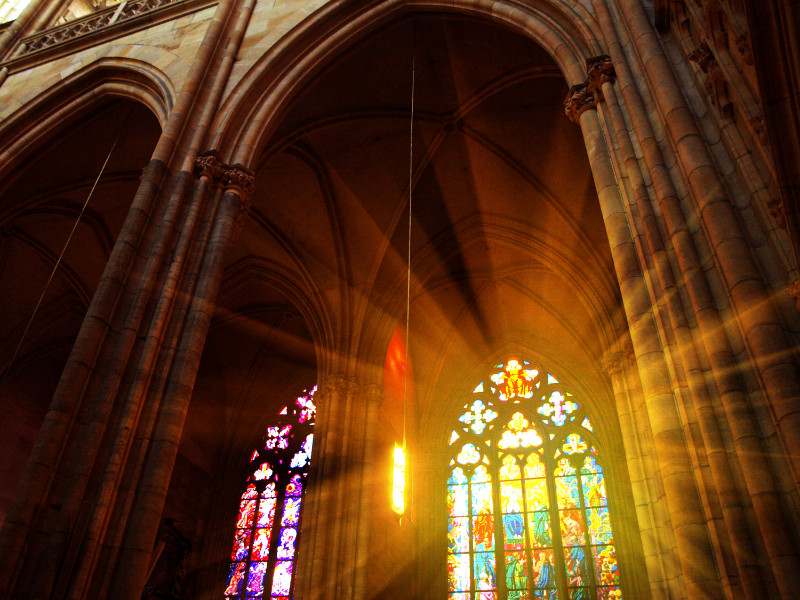The cost of acquiring a church building is only the first in a long line of expenses involved in the long-term operation and maintenance of church-owned properties.
If you’re considering acquiring a piece of property for your congregation, here are the associated costs and expenses that you need to anticipate.
- Upfront cost
To begin with, there’s the initial cost of acquiring property, which covers the sales price of the property, or the total cost of construction, if you’re purchasing vacant land. You’ll need to come up with a down payment, deposit money, and closing fees. There are also the costs associated with processing papers and securing permits.
- Interest rate
When taking out a mortgage to finance your new church building, be aware that interest rates will add to the total cost of the purchase. Mortgage rates fluctuate depending on various factors. Talk to multiple lenders to get the best terms possible.
- Renovations and repairs
If you’re purchasing a piece of property that was previously used for non-worship or non-religious purposes, then you will have to include the costs of renovating the building. This will make the property more suitable for your congregation’s activities.
The same goes for fixer-uppers – though these properties command lower prices because of their poor condition, they may end up costing you more money in the long run once the price of repairs and replacements have been factored into the equation.
- Operation and maintenance
The long-term costs of maintaining and operating a building are what truly make ownership challenging. But with sound leadership, accounting, budgeting, and faithful giving, your congregation should be able to manage. The costs associated with church building operation and maintenance typically include repairs, cleaning, insurance, security, pest control, landscaping, snow removal, trash disposal, and so on.
- Staffing costs
Deciding which roles to fill, how many employees to hire, and how much to pay them will affect your monthly budget as well. These roles include not just administrative positions, but maintenance, cleaning, and security as well. To keep your staff small, consider getting volunteers from church members for casual, temporary, seasonal, or project-based roles.
- Utilities
How much will it cost to keep your church building warm in the winter and well-ventilated during the summer? How much is your monthly water consumption? These questions will play a role in budgeting for the long-term. Utilities vary from state to state and will depend on the local climate and seasons.
- Taxes
Reach out to a tax consultant to find out if any of your activities, collaborations, fundraisers, or space-sharing arrangements might be subject to business income, and therefore, taxation. This will help you get your accounts in order as well as avoid any unpleasant surprises.
Ask your attorney how you can protect your congregation’s tax-exempt status when offering church space for lease to non-religious or business entities by crafting iron-clad, carefullyworded contracts and similar measures.
Now that you’re aware of the true costs of ownership, you can take the next step towards acquiring your very own church building. A.D. Advisors specializes in church-owned properties in the United States and Canada, including churches, monasteries, religious schools, and more.
We understand the costs associated with buying, renovating, and operating a church building. You can contact our experts here. You can also reach the team at Info@ADAdvisors.org and 630.606.9000.


Leave a Comment